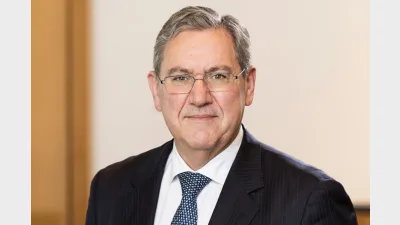AIST supports Senate Committee recommendations



The Australian Institute of Superannuation Trustees (AIST) has welcomed the Senate Committee report recommendations on changes to current super legislation, notably the removal of the $450 threshold and the changes to unpaid super.
AIST chief executive, Eva Scheerlinck said removing the threshold would improve the retirement outcomes of many low income earners, particularly women working part-time.
“Non-payment not only affects workers but also impacts on the competitive landscape of those businesses who are do the right thing,” she said.
“These recommendations will ensure the minority of employers who do not pay super don’t gain an unfair advantage.”
Recommendations in the report also included ensuring super funds have appropriate arrears processes, reviewing Australian Taxation Office (ATO) resourcing for compliance activities, and extending Single Touch Payroll to all businesses.
“Improved payslip reporting is long over-due and will help employees keep better track of their super payments by providing them with the ability to check that their super has actually been paid into their fund,” Scheerlinck said.
“Superannuation is a key component of an employee’s remuneration package and these recommendations will help ensure that appropriate consumer protections are in place.”
Recommended for you
Australia’s superannuation sector is being held back by overlapping and outdated regulation, ASFA says, with compliance costs almost doubling in seven years – a drain on member returns and the economy alike.
Two of Australia’s largest industry super funds have thrown their support behind an ASIC review into how stamp duty is disclosed in investment fee reporting, saying it could unlock more capital for housing projects.
The corporate watchdog is preparing to publish a progress report on private credit this September, following a comprehensive review of the rapidly expanding market.
The fund has appointed Fotine Kotsilas as its new chief risk officer, continuing a series of executive changes aimed at driving growth, but NGS Super’s CEO has assured the fund won’t pursue growth for growth’s sake.











